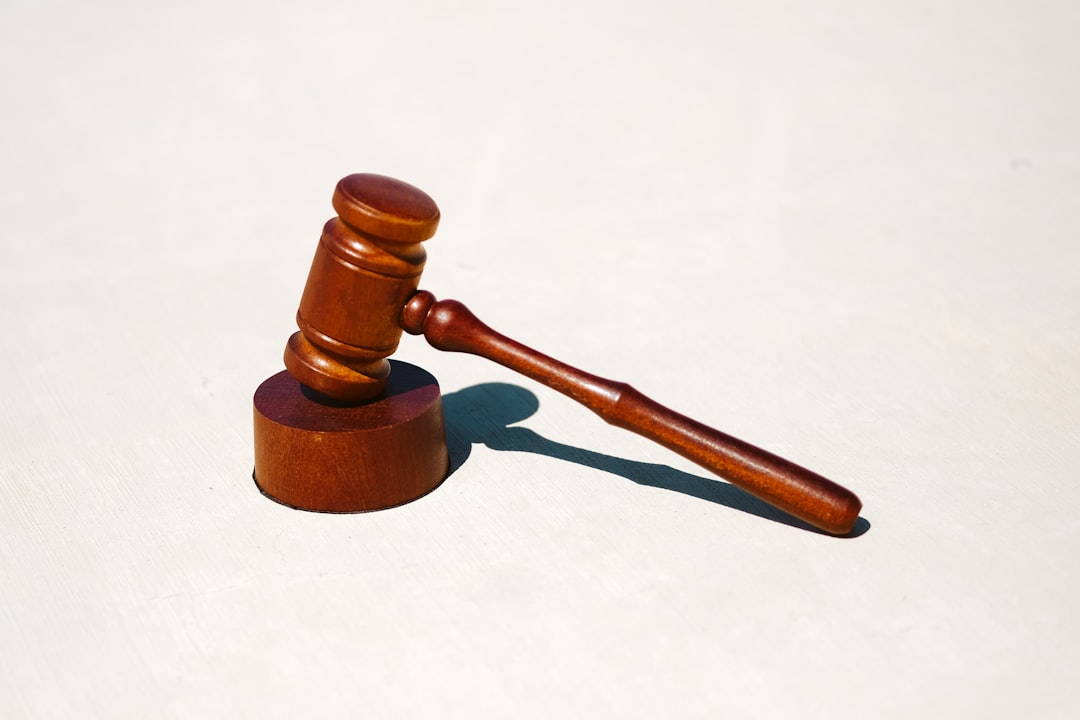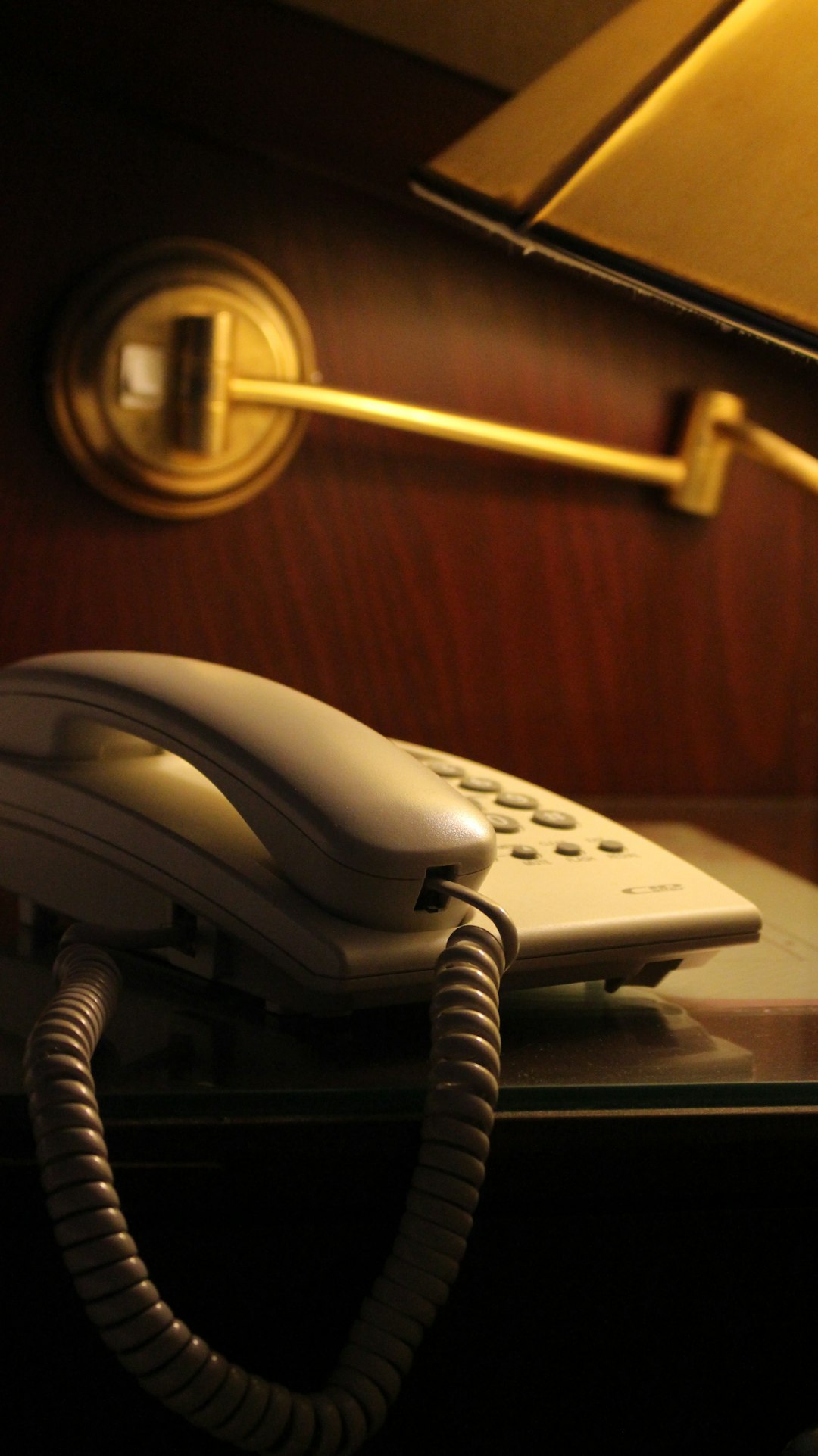In Maryland, debt validation letters are crucial for consumers facing debt collection actions, allowing them to dispute debt validity and amount within 30 days. Debt collector lawyers guide clients through this process, ensuring compliance with state laws that protect against harassment and false representation. When drafting a letter, include personal details, disputed amount, and reasons, requesting documentation from the collector or creditor. Consumers should seek legal guidance to understand their rights, compile supporting documents, and review responses for FDCPA compliance, taking action if collection practices are abusive. Debt collector lawyers navigate complex debt laws, assisting debtors in disputing invalid debts and communicating with collectors to prevent harassment.
In Maryland, understanding debt validation letters is crucial for consumers dealing with collections agencies. This article guides you through the intricate process, from the basics of debt validation letters in Maryland to the role of debt collector lawyers. We explore who’s considered a debt collector in the state and the essential information that must be included in these letters. Learn about sending and responding to them effectively, ensuring your rights are protected, and discover how debt collector lawyers in Maryland can assist you in navigating this complex landscape.
Understanding Debt Validation Letters in Maryland

In Maryland, debt validation letters are crucial documents for consumers facing debt collection actions. These letters serve as a legal demand from debtors to prove that the alleged debt is legitimate and enforceable. According to state laws, debt collectors in Maryland must provide verification of the debt within 30 days upon receiving a valid request from the consumer. This process empowers individuals to challenge their debts and ensure they are being treated fairly by debt collection agencies or lawyers.
Debt validation letters give consumers the right to dispute the debt’s validity, amount, or any other related issues. When sending such a letter, it’s essential to include specific details like the debtor’s name, the creditor’s name, the alleged debt amount, and the basis for the dispute. Debt collector lawyers in Maryland can guide individuals through this process, ensuring their rights are protected and that they receive accurate and timely responses from debt collectors.
Who Is Considered a Debt Collector in MD?

In Maryland, a “debt collector” is defined by state law as any person or entity engaged in the business of collecting debts from individuals within the state. This includes collection agencies, law firms specializing in debt collection, and even original creditors who have hired third-party collectors. Debt collector lawyers in Maryland play a crucial role in navigating the legal aspects of this process, ensuring that collectors adhere to strict regulations designed to protect consumers.
These laws are in place to prevent aggressive or unfair practices by debt collectors, such as harassment, false representation, or the use of threatening language. Debt collector lawyers help clients understand their rights under Maryland law and guide them through the process of challenging or disputing debts they believe are invalid or incorrectly calculated. They also assist in drafting and sending proper debt validation letters to collectors, a critical step in the debt collection process designed to verify the legitimacy of the debt.
What Information Must Be Included in the Letter?

When drafting a debt validation letter, it’s crucial to include specific information to ensure its effectiveness in Maryland. According to state laws and guidelines set forth by the Fair Debt Collection Practices Act (FDCPA), your letter must clearly state that you are disputing the debt and demand verification from the debt collector or creditor. Include your name, the amount of money you dispute owing, and why you believe it is inaccurate. Provide a copy of any documents that support your claim, such as payment records or proof of discharge in bankruptcy.
Additionally, the letter should request specific information about the debt, including the original creditor’s name, account number, date of the alleged default, and the amount owed. It’s also important to include your contact information and a demand for validation within a certain time frame, typically 30 days, as per Maryland debt collector laws. Failure by the debt collector to provide proper validation can result in legal action, so ensuring that your letter is comprehensive and accurately reflects the dispute is key, with help from experienced debt collector lawyers in Maryland.
The Process of Sending and Responding to the Letter

When dealing with debt collection in Maryland, one crucial step for consumers is understanding the process of sending and responding to a debt validation letter. This legal document requests verification from the debt collector that the debt is legitimate and outlines the amount owed. According to the Fair Debt Collection Practices Act (FDCPA), creditors must provide written validation when demanded by the debtor. Consumers should compile relevant documentation, such as account statements or contracts, to support their request for validation.
The letter should be sent via certified mail with a return receipt requested to ensure delivery and acknowledgment. Debt collector lawyers in Maryland emphasize the importance of a clear and concise demand for debt validation. Upon receiving the letter, collectors have 30 days to respond, providing either the requested documentation or a dispute resolution process. Consumers should carefully review the response, ensuring it complies with federal laws, and take prompt action if the debt is inaccurate or the collection process becomes abusive.
Role of Debt Collector Lawyers in Maryland

In the state of Maryland, debt collector lawyers play a crucial role in navigating the complex legal landscape surrounding consumer debt. These professionals are well-versed in the state’s debt validation laws, which protect individuals from unfair collection practices. When a debtor receives a debt collection notice, they have the right to dispute the validity of the debt, and this is where debt collector lawyers step in. They assist clients in understanding their rights, reviewing the debt documentation, and communicating with debt collectors on their behalf.
The expertise of these lawyers ensures that the process of debt validation is handled efficiently and effectively. They can draft formal letters to debt collectors, requesting verification of the debt and ensuring compliance with Maryland’s requirements. Their knowledge of consumer protection laws empowers debtors to challenge inaccurate or questionable debts, thereby preventing harassment and potential legal repercussions.






